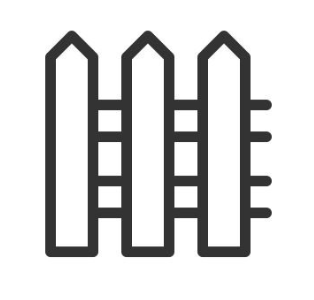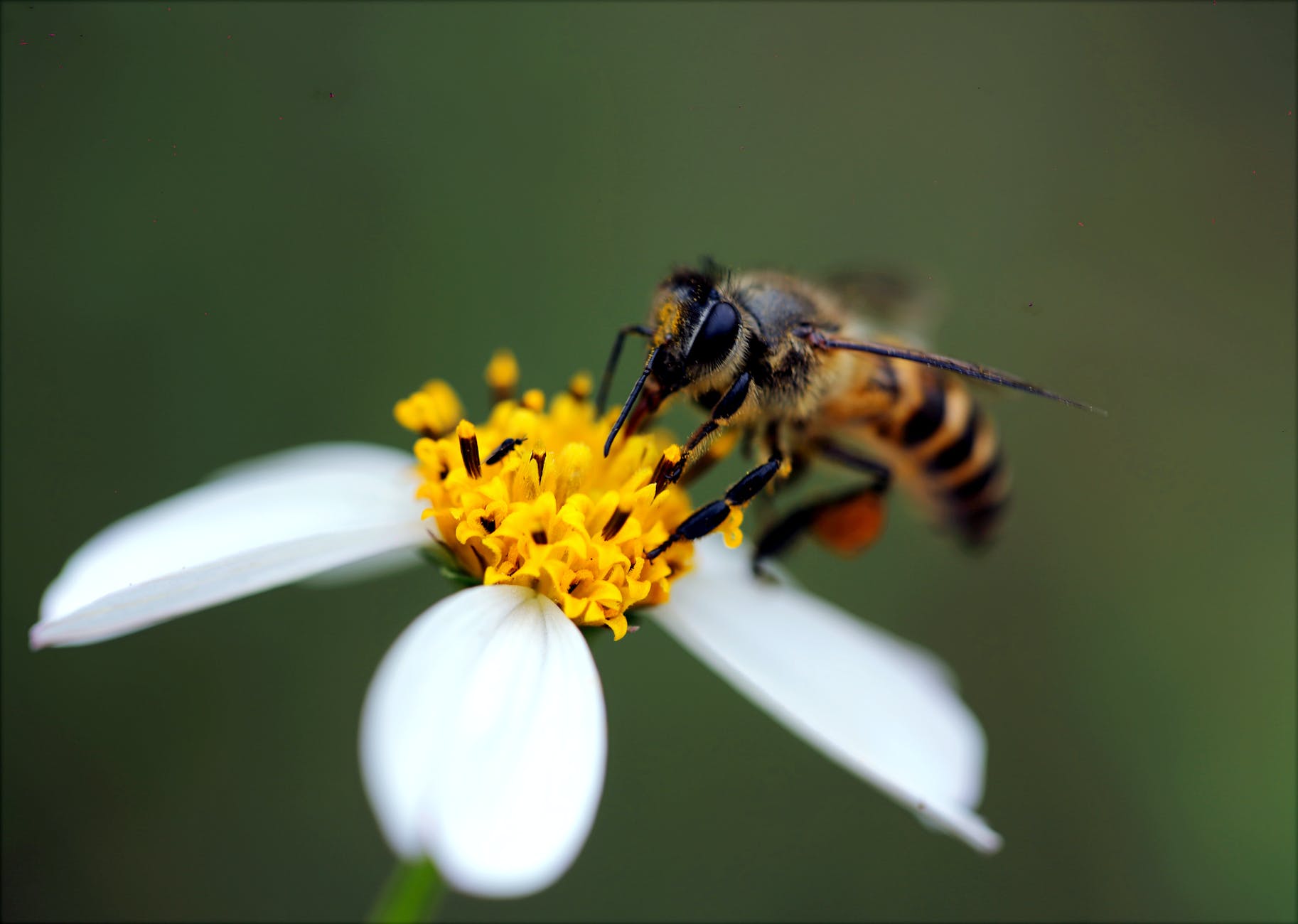
Chatt Hills is a Bee City
What is a Bee City?
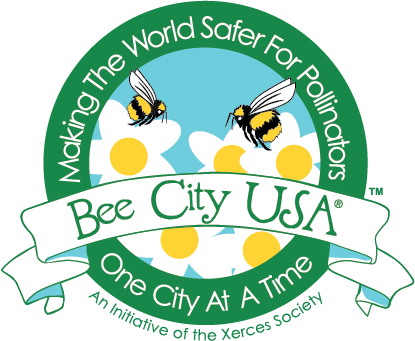
Here at Chattahoochee Hills, we believe that pollinators are essential to healthy ecosystems. Every 3rd bite that we eat and drink is attributed to pollinators like bees, wasps, butterflies, flies, ants, and more. There have been significant declines in pollinator populations around the world in response to habitat fragmentation, habitat degradation, improper pesticide use, invasive competitor species, and more. As we work to support our pollinators, Chattahoochee Hills has become officially designated as a Bee City.
As a Bee City USA affiliate, we are committed to thinking globally and acting locally. As a part of the Bee City USA network, we are now part of a nationwide initiative to conserve native pollinators by increasing the abundance of native plants, providing nest sites, and reducing the use of pesticides.
The Chatt Hills city council has adopted a pollinator conservation resolution. City staff and community members work together to carry out these commitments and make their city a better place for pollinators. Chatt Hills encourages all incorporated cities, towns, counties, and communities across the United States to make these commitments and become Bee City USA affiliates. We also encourage all of our residents and community members to use these resources to aid pollinators at home, work, school, and throughout the community.
“Pollen-Aider” Quick Action Items
Here are a few ways you can support pollinators today.
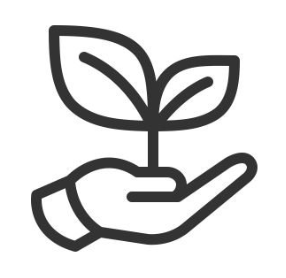
Create Habitat
Plant flowers, shrubs, and trees in your yard that bloom at different times of the year. Diverse, native plants support local pollinators best. Check out our native plant resources to get started!

Buy Local
Support your local beekeepers and buy local honey. Consider locally produced fruits and vegetables as well.

Mow Less
Only mow every 2-3 weeks and leave some areas free of mulch for ground nesting pollinators.

Cues to Care
Native pollinator habitats can look a little messier than a lawn, especially if you are leaving the leaves and saving the stems. Some people may see this as a neglected or unkempt landscape. Cues to care such as hardscaping, maintaining a mowed buffer around walkways, raised beds, adding signage, etc. can help people understand that a landscape is cared for and intentional.
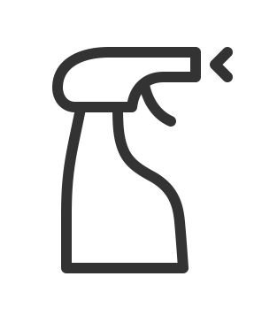
Don’t Spray
Anything that kills mosquitoes or similar insects also kills butterflies, ladybugs, fireflies, and bees regardless of an “organic” label. Check out alternatives here!
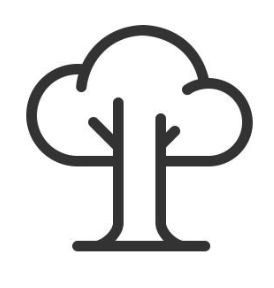
Keep the “Buzz” Going
Let your friends and neighbors know that you are providing a pollinator garden, and encourage them to join the effort in their own yard!

Endorse Bee City Initiatives
Encourage your landlord or homeowners association to create pollinator-friendly habitats and maintenance policies.
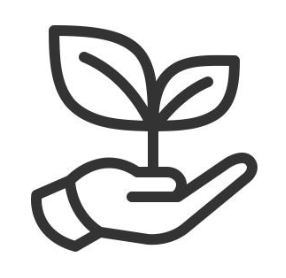
Leave the Leaves
Leaves, stems, brush, and soil are important pollinator habitats and sources of food during the colder months of the year. Leave the leaves and stems of plants where they fall!

Stay Non-Toxic
Herbicides can reduce the food pollinators need. Fungicides can also be toxic. Some holes in plant leaves may be a good sign of caterpillar foraging. Purchase plants and landscaping materials without neonicotinoid pesticides. Ask retailers/growers if seeds or plants have been pre-treated with these chemicals.
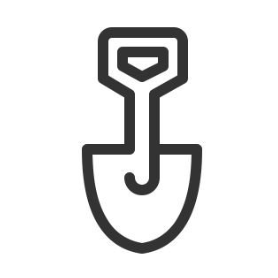
Install a Rain Garden
Rain gardens can both reduce runoff and attract pollinators.

Reduce & Replace Turf
Turf grass is poor habitat for pollinators. Add variety to your lawn! Dandelions and clover both provide important nectar sources in urban and suburban areas, particularly in early spring when nectar sources are scarce. Better yet, turn your lawn into a wildflower meadow.
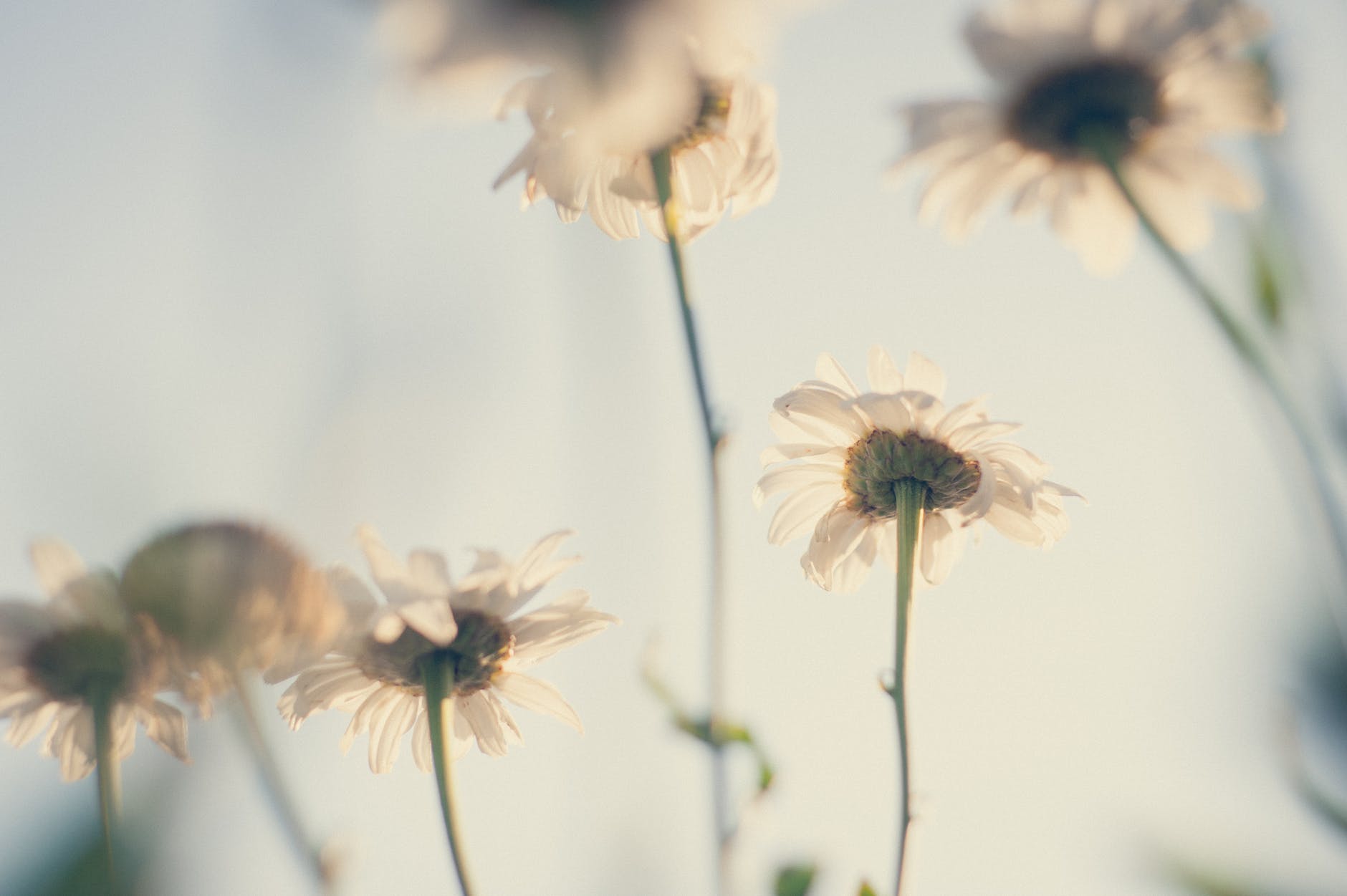
Join the Hive
Bee City USA is just one of many initiatives headed by the Xerces Society for Invertebrate Conservation. “Bee” in the know with pollinator conservation resources and news by signing up for their monthly newsletter.
